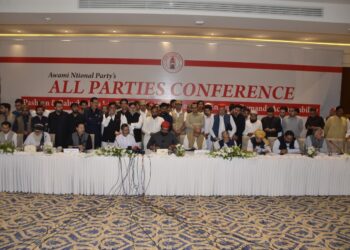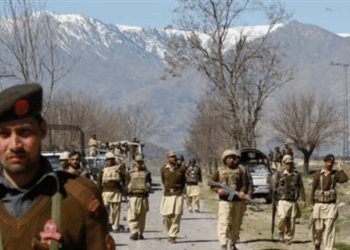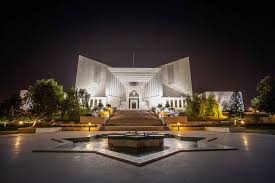LAHORE; A local magistrate on Sunday dismissed a police case against several transgender persons accused of holding an “objectionable” private party, ruling that there was no evidence linking them to the alleged offences.
According to the court order, the case was discharged after the judge observed that “no incriminating material is available on record” against the accused. The request for a 10-day physical remand was rejected, and the individuals were released immediately.
The order further noted that no independent witnesses were present during the police raid, nor were any statements recorded. It also highlighted that police had not obtained prior permission to raid a private residence, adding: “Prima facie, it seems that the accused persons were implicated on the basis of forged and concocted facts.”
Lawyer Haider Butt, who represented the accused, confirmed that all those arrested had been released following the court’s decision.
The arrests stemmed from a First Information Report (FIR) lodged at Lahore’s Naseerabad police station. The FIR stated that Punjab authorities ordered action after videos of a gathering allegedly involving 50 to 60 individuals, including transgender persons went viral on social media.
The videos were initially uploaded by fashion designer Maria B, who called the event “immoral” and demanded strict action against those present.
Citing “explicit content” in the footage, the FIR invoked sections 292, 292-A, and 294 of the Pakistan Penal Code related to obscene material and acts along with Section 6 of the Sound System Act.
Police officials defended the arrests at the time. Lahore DIG (Operations) Faisal Kamran said promoting obscenity “under the guise of a party or photoshoot” was a serious offence and warned of strict action against “illegal and unethical acts.”
He added that authorities had also blocked the screening of the internationally acclaimed but previously banned film Joyland, which portrays a transgender love story, in the city.
The crackdown drew strong reactions from rights groups. Islamabad-based transgender activist Nayyab Ali said those in the video were not linked to the trans rights movement and argued that Maria B herself had amplified the footage. “If it’s vulgarity, then who spread it to millions? Maria B did. That’s a crime itself,” Ali posted on X.
Legal experts and human rights advocates also warned against the misuse of morality laws, noting that vague obscenity provisions were often applied selectively against marginalised groups, especially the transgender community. Meanwhile, government officials have pledged to intensify action against what they call “immoral activities” across Punjab.

























